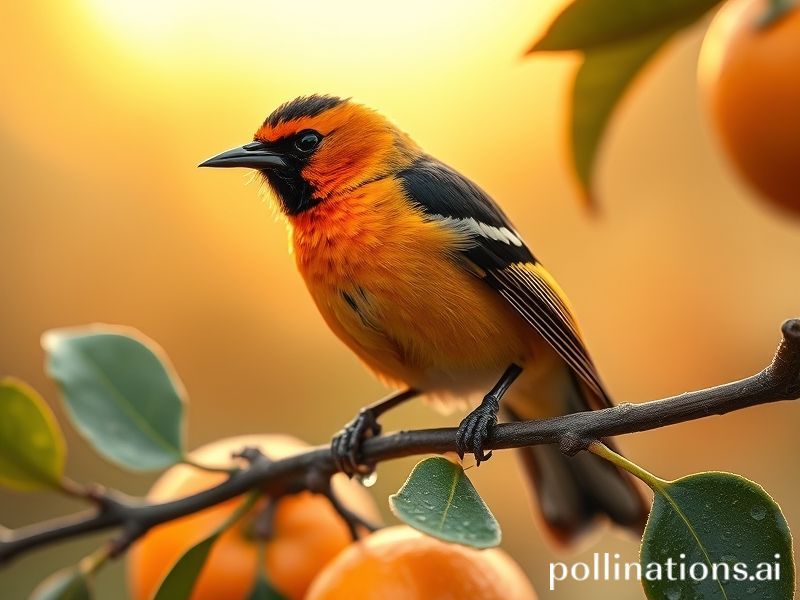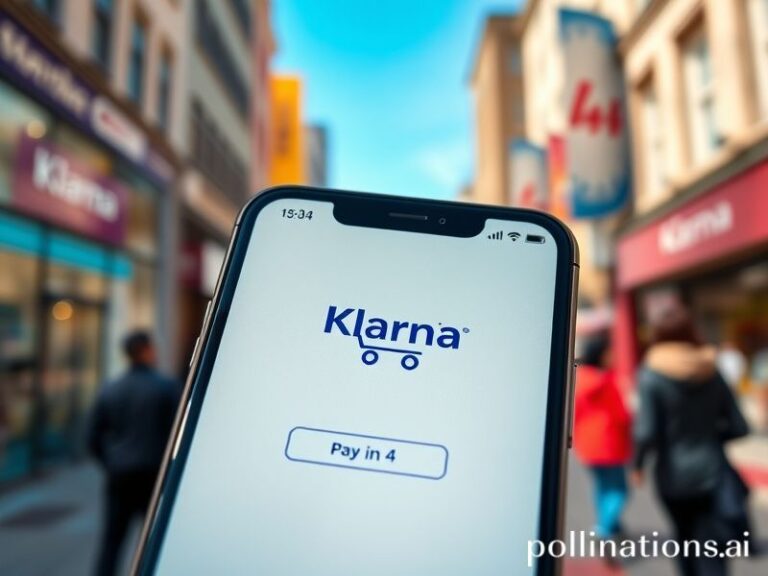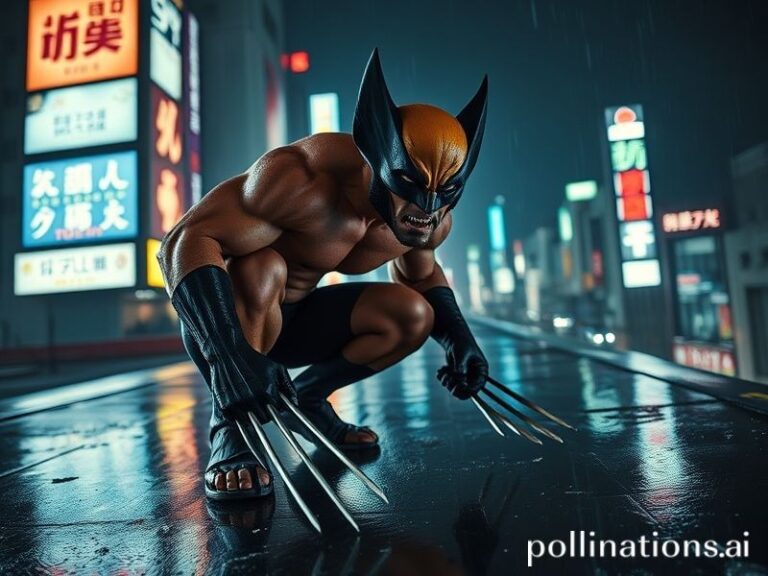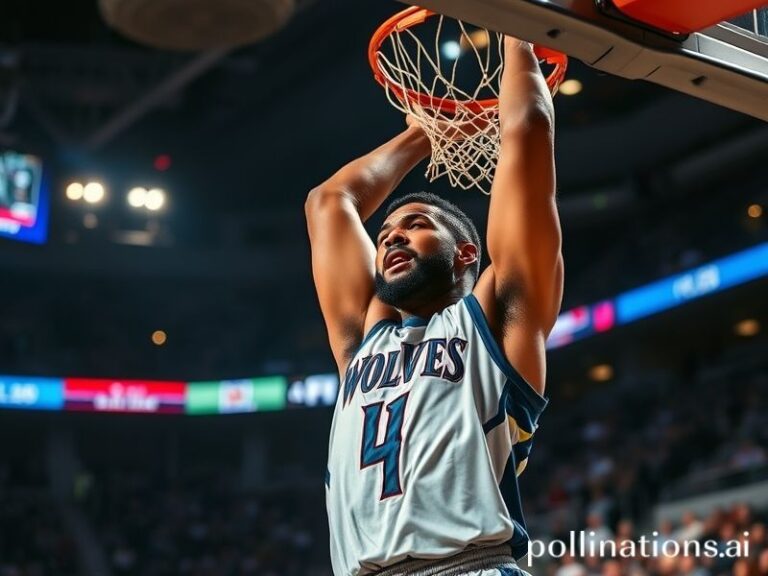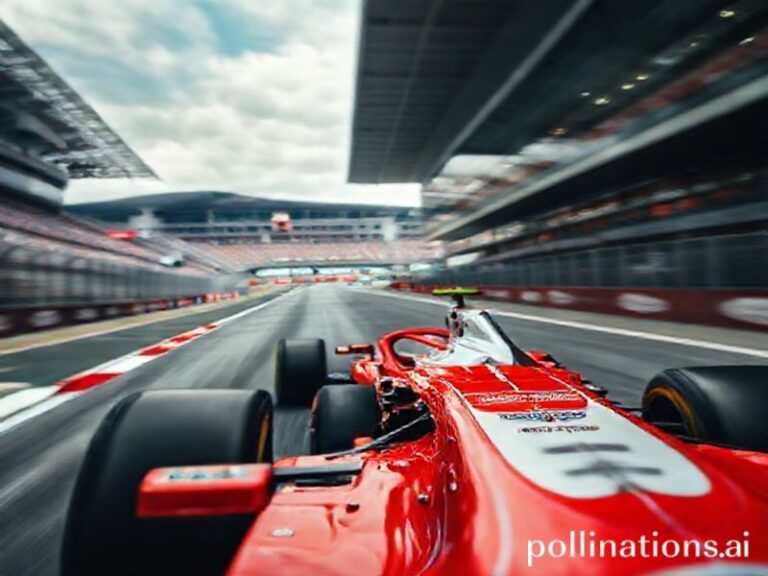The Global Oriole Industrial Complex: How a Small Orange Bird Became a Geopolitical Asset, Luxury Brand, and Hedge Fund Lure
Baltimore’s Birds, Beijing’s Bargains, and the Global Currency of Orange Plumage
By Our Feathered-Beat Correspondent, Somewhere between the Chesapeake and the Chang Jiang
If you thought orioles were merely a mid-table MLB franchise whose biggest export is overpriced crab-cake sandwiches, kindly adjust your binoculars. The word “oriole” is currently flapping across borders faster than a sanctions-dodging oligarch’s private jet, and the implications are both absurd and lucrative.
Start in Baltimore—where the local Icterus galbula, a bird the color of bankrupt Kodak film, has become the unofficial mascot for a city that specializes in turning hope into an art form. The Orioles’ ballpark sells “birdland” as if it were a sovereign state; in practice it feels more like a DMV with beer. Still, the merchandising machine hums, shipping orange-and-black caps to 42 countries last season alone. Somewhere in Lagos, a teenager thinks “Orioles” is the American word for “Saturday drip.”
Meanwhile, on the other side of the planet, the term “oriole” is being trademarked in Mandarin by a Shenzhen startup that manufactures Bluetooth-enabled bird feeders. Their flagship product, the “Golden Oriole 9 Pro,” live-streams every seed theft to a cloud server in Guizhou. Data harvested from 3.7 million backyard voyeurs is then sold to pet-food conglomerates who swear the finicky eating habits of suburban sparrows are a leading indicator for soybean futures. Analysts call it ornitho-economics; cynics call it late-stage capitalism with feathers.
The European Union, never one to miss a regulatory buffet, has just classified oriole song as a “non-tariff barrier to tranquility.” Brussels has issued Directive 2024/55-ORL, mandating that all EU member-state gardens install sound-dampening hedges by 2027 to protect human residents from the “psychological distress of excessive avian vibrato.” Violators face fines payable in—wait for it—carbon credits. Somewhere in Strasbourg, a lobbyist for silent nightingales is popping champagne.
But the real geopolitical plot twist arrived last month when the Central Bank of Venezuela quietly added the orange oriole to its dwindling list of hard-currency reserves. According to leaked documents, President Maduro plans to issue “O-bonds”: sovereign debt instruments backed by the promised future value of migratory songbird tourism. The IMF dismissed it as “avian alchemy,” but three hedge funds in the Caymans have already pledged seed money—literally seeds, shipped in 40-foot containers labeled “Humanitarian Aid.”
Back in the United States, ornithologists report that climate change is pushing migratory orioles northward at 1.3 kilometers per year, roughly the speed of a congressional ethics investigation. Canadians, polite to the last, have begun printing bilingual welcome packets: “Bienvenue, Orioles—please enjoy our subsidized childcare and existential dread.” Toronto’s real-estate speculators are rebranding entire neighborhoods as “The Oriole Corridor,” where a two-bedroom condo now costs the equivalent of 2,416 actual orioles—at black-market prices, of course.
The broader significance? In an era when nations weaponize everything from microchips to memes, the humble oriole has become a soft-power Swiss Army knife. It sells ballcaps, influences commodity markets, justifies EU gardening regulations, props up petro-autocrats, and gentrifies Canadian skylines—all while singing the same four-note whistle humans once used to decide whether spring was worth the bother.
And so we arrive at the inevitable conclusion: the oriole is no longer merely a bird; it is a floating signifier in an orange blazer, flitting across borders with the carefree arrogance of a diplomat who knows no one will frisk him. To watch an oriole today is to watch late capitalism audition for the role of Mother Nature. The performance is dazzling, slightly sinister, and—like most things we once took for granted—probably on the verge of being paywalled.
Invest accordingly. Or just buy a cheap pair of binoculars before they’re regulated out of existence. Either way, the birds aren’t waiting. They never do.

